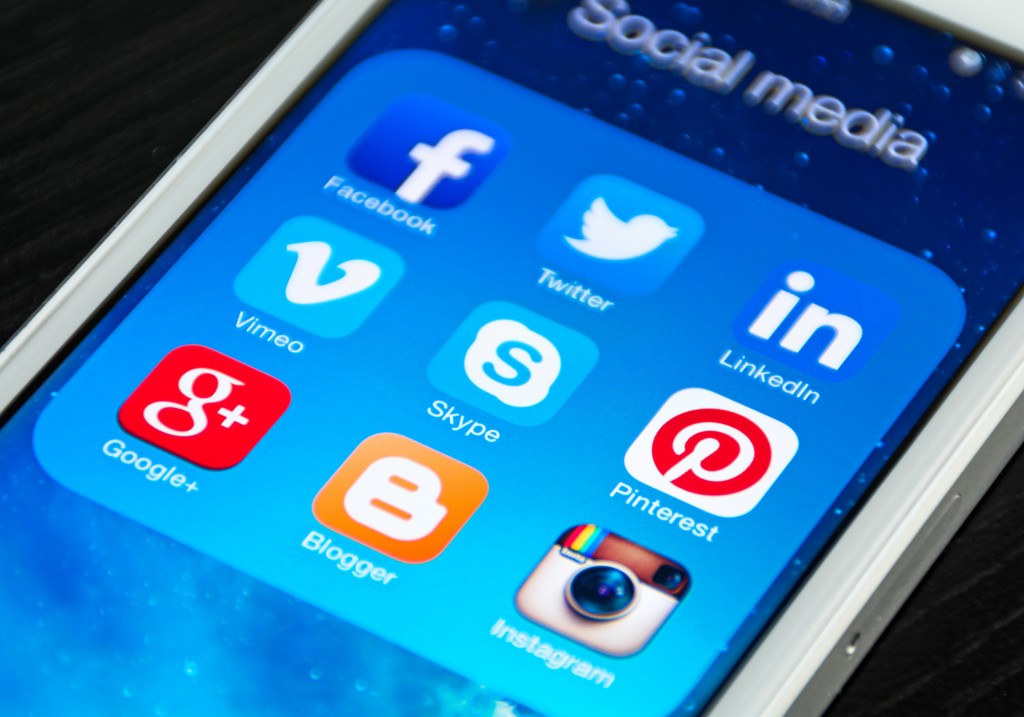These days, it seems like every major and emerging brand has its own mobile app. With a quick look at the Apple App Store and the Google Play Store, Nike, Starbucks, Domino’s, Coca-Cola, Disney, and a lot more recognizable names.
Most Brands are Releasing Mobile Apps
A brand having a mobile app is not new. It has been increasing in the past decade as more consumers turn to the screens of their smartphones to acquire products and services,
A report by Distimo in 2011 revealed that 91% of the top brands around the world have mobile apps. Only 9% have no presence in any app store.
Some brands have multiple apps available to users. Disney, for example, has produced hundreds of apps, most of which are games that feature popular characters. Then, last year, the company launched its own streaming service Disney+.
Amazon, too, has multiple apps available across all app stores. Aside from the e-commerce platform, it has an app for Prime Video, Amazon Go, Amazon Assistant, Amazon Kindle, Amazon Fire TV, and a lot more.
How to Develop Your Own App
It would not be easy to develop your own app. You would need to hire a coder. You would also want to utilize ReactJS development services, a user interface tool developed by Facebook. It ensures that the code is executed smoothly to deliver a seamless browsing experience to users.
The app has to be easy to use. Even a first-timer should be able to find their way around it. If not, you will lose their attention.
Another area of concern is security. Apps, too, need to be impenetrable to criminals online who may want to take advantage of a vulnerability in an app to access sensitive user data.
Unless you have a background in app development, doing it yourself is impossible. You will need to outsource or hire a team to create and manage the app.
Shoppers are on Their Smartphones
If your platform is not accessible to mobile users, you may be losing a lot of potential consumers and sales.
One survey found that one in two Millennials (47% of respondents) has downloaded a mobile shopping app. While e-commerce websites can be accessed through smartphones, too, they downloaded an app for convenience and ease of use.
Apps Help In-Store Sales
But, apps do not just boost online sales. It can have an impact on in-store sales, too.
Before a customer goes out to shop, they usually check what is available online and mobile apps provide a peek into your inventory, allowing them to make their choices before they even step out of their front doors.
In addition, mobile apps that offer in-store discounts provide an incentive for shoppers to physically visit. Another study found that more than half of shoppers use mobile apps in-store to take advantage of perks and to find products. The use of mobile apps is enhancing the in-store shopping experience.
A unique or customized shopping experience drives sales. It makes customers more likely to come back over and over again.
Increased Brand Disabilities
With a mobile app installed in your customer’s smartphones, you can ensure that your brand will always be present in their minds. People spend hours on their smartphones, sometimes just jumping from one app to another.
Increased Customer Interaction

Consumers do not want to wait, especially young people who grew up in the age of the internet where almost everything is accessible with a tap of a screen.
Through a mobile app, customers can easily connect with the brand in case they have any complaints or questions. They can access information about the brand or an item being sold through the app.
It improves the customer’s experience of the brand. With the ease of access, every transaction becomes satisfying.
Apps Generate Additional Revenue
If you have a mobile app, you can earn more money through ads. Inserting a banner or a short video commercial on your app will help you raise hundreds or thousands of dollars every month in addition to sales.
That is how free apps, which usually is the case for apps from popular brands, earn money. The app is free because it generates income for the developer through ads.
The more downloads an app has, the more money the developer makes.
A mobile app, therefore, would be a good investment for most businesses. There are numerous benefits that a brand can gain from it, including a boost in sales. However, it has to offer quality. Users would not tolerate an app that is difficult to use or not secure.

